Counselors’ methods and techniques reign supreme and govern how therapists see themselves. In mental health, how therapists view their professional identity often centers around the theoretical approaches they adopt, such as EFT (Emotional Focused Therapy), CBT (Cognitive Behavioral Therapy), or the Gottman Method.
This trend towards specialization has led many therapists to label themselves according to their chosen methodology (e.g., “I’m a EFT therapist; I’m a CBT therapist; or I’m a Gottman therapist.”), creating a professional identity that is narrowly defined by specific techniques and theories. However, this identification with a single approach overlooks a critical aspect of therapy—the human connection and the myriad of factors contributing to client improvement, which are far beyond the scope of any single theoretical framework.
Rethinking Professional Identity & Therapeutic Allegiance
The journey to rethinking therapeutic identity begins with acknowledging the limited role of theory and technique in client outcomes. Research within the field of psychotherapy, specifically the Common Factors Model, suggests that these aspects contribute to less than 1% of the variance associated with clinical improvement in clients’ lives. This striking statistic prompts a question: Why should therapists anchor their professional identity in and swear allegiance to an approach that plays such a minimal role in their effectiveness? Are you worth more than 1% in the lives of clients?
The Common Factors Model: A New Perspective
The Common Factors Model provides compelling answers to the above questions. It argues that factors common to all therapeutic approaches, such as therapeutic alliance, empathy, expectations, and cultural adaptation, play a much more significant role in client improvement than the techniques or theories employed. This model invites therapists to view themselves as facilitators of change whose influence is derived from a broad array of interpersonal skills and therapeutic conditions.
The Myth of One-Size-Fits-All in Professional Approaches
By subscribing to a single theoretical approach, therapists risk adopting a one-size-fits-all mentality, which is incongruent with the diversity of human experiences. No two clients are alike, and the complexity of individual issues often requires a more nuanced and flexible approach than a single theoretical framework can provide. Recognizing this diversity is the first step toward a more integrative and adaptive therapeutic practice.
Moreover, overidentification with a theoretical approach encourages cognitive biases that may decrease therapists’ effectiveness. In the next section, I explore two of these biases: the framing bias and sunk costs bias.
Be wary of the Cognitive Biases
Overidentifying with theory may fuel cognitive biases. The “context error bias” and framing bias highlight the significant impact of initial perspectives on therapeutic assessment and intervention. This is particularly relevant in psychotherapy, where understanding beyond surface presentations is crucial. Consider the instance where the wife of a well-known business executive approached a therapist to complain about her husband’s alleged infidelity. The husband, articulate and confident, attended therapy, maintaining his innocence while painting his wife as unstable. The therapist initially supported the husband because of his compelling story and social standing, oblivious to the deeper, underlying issues at play. 
This situation underscores a critical challenge in therapy: the risk of therapists anchoring too closely to their theoretical approach or initial impressions, potentially at the expense of a more nuanced understanding of their clients’ lives. Despite the therapist’s efforts to explore the possibility of infidelity, the husband’s persuasive self-presentation led to a premature conclusion that aligned with his narrative, halting further investigation.
It was only after a dramatic revelation—the wife discovering her husband’s affair firsthand—that the true dynamics of the situation came to light. This turning point forced the therapist to confront the limitations of a one-dimensional approach to understanding client narratives and the dangers of allowing biases, influenced by theoretical allegiance or client persuasion, to dictate therapeutic direction.
This example serves as a powerful reminder of the importance of maintaining an open, integrative perspective in therapy. It calls for therapists to look beyond their chosen theoretical frameworks and initial biases, urging a more holistic approach that embraces the complexity of human behavior and relationships. In doing so, therapists can avoid the pitfalls of oversimplification and truly honor the depth of their role in their clients’ lives, transcending the confines of any single approach to facilitate genuine understanding and healing.
Bias on Sunk Costs
Sunk Cost bias is when people keep doing something because they have already put time, money, or effort into it, even though new information suggests that they may lose money by continuing down this path. This idea gives us a great way to look at how attached therapists are to the theories they use. This bias can cause therapists to cling to their specialized identities (e.g., as a CBT or EFT therapist) long after it becomes clear that a more integrative or flexible approach might better serve their clients’ diverse needs.
Due to the time and effort, they have put into mastering these approaches, therapists may continue to use their preferred methodologies even when client outcomes do not improve, much like investors might continue to invest in a failing business because they have already invested heavily.
Recognizing and overcoming Sunk Cost bias is crucial for therapists. It encourages them to adapt and evolve in their practice, prioritizing the well-being and improvement of their clients over adherence to methods that may only be the most effective in some situations. This perspective underscores the importance of a dynamic, client-centered approach to therapy, where the focus shifts from what has been invested in a particular theoretical identity to what can be gained from a broader, more adaptive therapeutic stance.
Building Therapist Identity Beyond Techniques
Developing a professional identity that transcends specific therapeutic techniques allows therapists to tap into the full range of their personal and professional capabilities while lessening the impact of biases. It encourages a focus on the qualities that make a therapist effective, such as forming strong therapeutic relationships, demonstrating empathy, and adapting to each client’s unique needs. This broader identity fosters personal growth and professional development, pushing therapists to continuously learn and evolve in their practice.
Implications for Training and Practice
This expanded view of therapist identity has significant implications for training and practice. Training programs should emphasize the development of a broad skill set that includes, but is not limited to, specific therapeutic techniques. Encouraging reflective practice is also crucial, as it allows therapists to consider their impact on clients beyond the confines of their chosen theoretical approach.
Embracing a Holistic Identity
In conclusion, while theoretical approaches provide valuable frameworks for understanding and addressing clients’ issues, they represent only a fraction of what contributes to therapeutic success. By embracing a more holistic professional identity, therapists can offer their clients a richer, more nuanced form of support that acknowledges the complexity of human experience and the multifaceted nature of change. Therapists are worth more than the 1% their chosen approaches contribute to clinical improvement; they are valuable agents of change whose impact is derived from a complex interplay of skills, relationships, and human understanding.
FAQs
What is the Common Factors Model?
The Common Factors Model in psychotherapy suggests that common elements across different therapeutic approaches, such as therapeutic alliance and empathy, are more critical to client outcomes than specific techniques or theories.
Why should therapists not identify solely with their chosen theoretical approach?
Identifying solely by a chosen theoretical approach may limit a therapist’s flexibility and ability to adapt to each client’s unique needs, given the minimal impact these approaches have on overall clinical improvement.
How can therapists develop a broader professional identity?
Therapists can develop a broader professional identity by focusing on common factors that contribute to therapeutic success, engaging in continuous learning, and practicing flexibility in their approach to therapy.
What are the benefits of a holistic therapeutic identity?
A holistic therapeutic identity allows therapists to be more adaptable and responsive to the diverse needs of their clients, fostering a deeper level of understanding and connection.
Can a therapist still specialize in a certain approach while maintaining a holistic identity?
Yes, therapists can specialize in a particular approach while incorporating elements from other methodologies and focusing on common factors, ensuring a more flexible and client-centered practice.
How does the focus on common factors change the training and practice of therapists?
Focusing on common factors encourages training programs to emphasize a broad skill set and reflective practice, preparing therapists to meet the complex needs of their clients with a more integrated approach.






